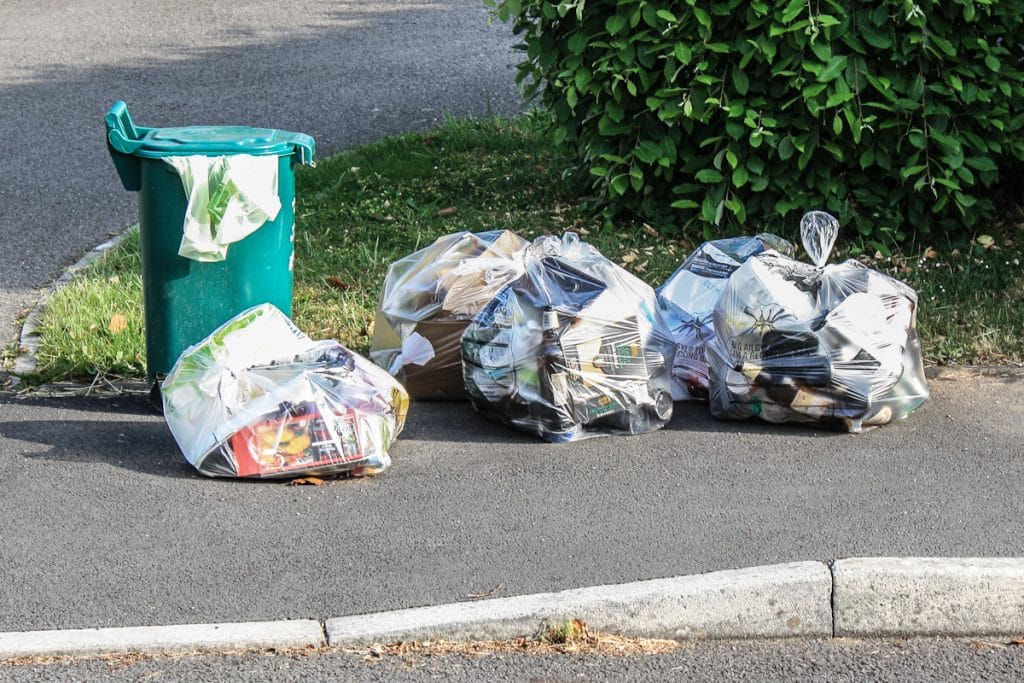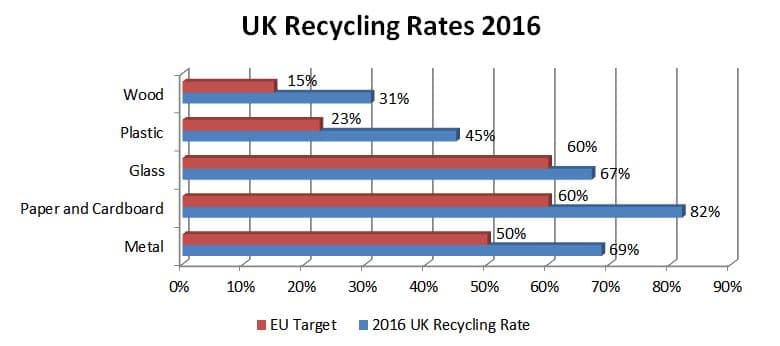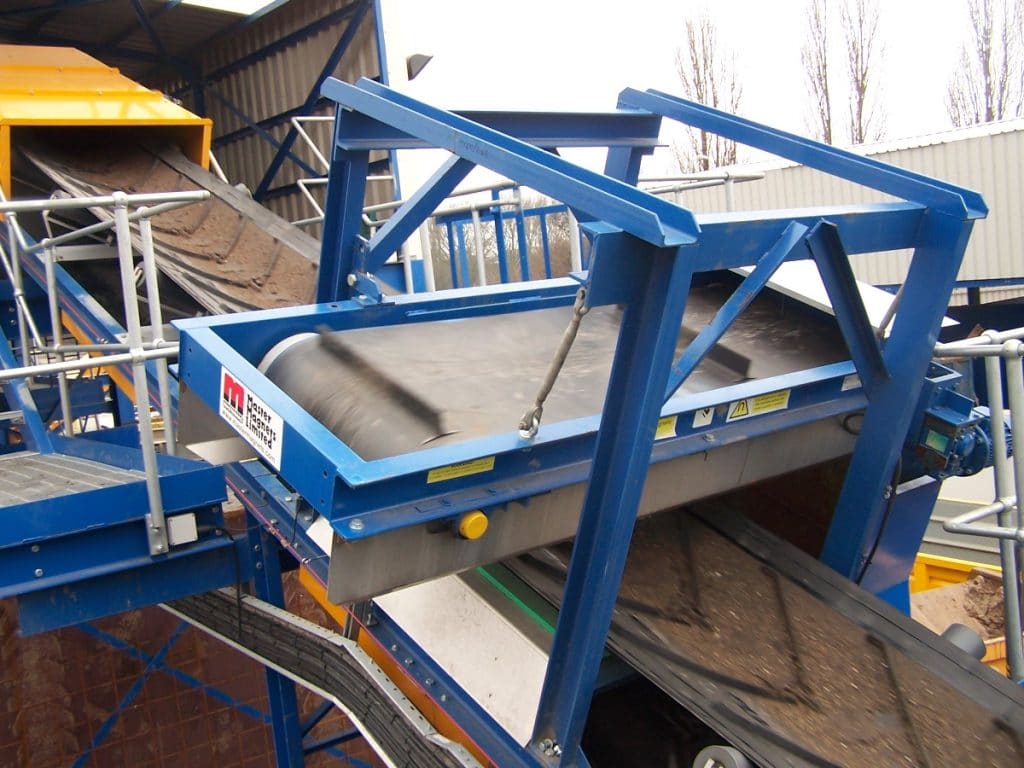3 UK Waste Recycling Facts
By Paul Fears | 03 September 2018
Latest 2016 Waste Recycling DEFRA Data
The UK’s largest recycling exhibition, RWM, takes place on the 12th and 13th September 2018 (NEC, Birmingham, UK). Leading up to the show, we wanted to review three key facts from the latest DEFRA data on waste and recycling, published in February 2018 and reviewing information from 2016 (the latest available information).

Increasing Amounts of Waste
UK households generated an all-time high of 27,306,000 tonnes of waste in 2016, up by 2.3% on 2015.
A Rising Recycling Rate
45.2% of waste from households was recycled in the UK in 2016, up from 44.6% in 2015. However, these latest statistics suggest that changes are needed to reach the EU’s 50% recycling target by 2020. At the present rate of increase, recycling rates will hit 48% by 2020.
Packaging Recycling Rates
Packaging recycling rates rose by 7.3% in 2016 on 2015 to 71.4%. This is above the EU target of 60%. The 71.4% relates to packaging waste that was either recycled or recovered. However, recent news articles have highlighted that a large proportion of the materials recovered at pre-sorting refuse plants are not recycled in the UK and are shipped overseas. China’s ban on plastic waste has seen the UK send recovered waste to other countries including Thailand, Malaysia and Vietnam.

The recycling of metal packaging was particularly high at 68.7%, with 50.8% of aluminium and 74.4% of steel being recovered and recycled.
Steel packaging is recovered using Magnetic Separators such as the Overband Magnet, Drum Magnets and Pulley Magnets. An Overband Magnet is positioned over a conveyor transporting waste and attracts, lifts and deposits steel packaging into a collection area. Drum Magnets and Pulley Magnets have waste material passed over their surface and, once attracted and held, steel packaging is deposited away from the waste directly underneath the magnetic separator.

Aluminium packaging is recovered using an Eddy Current Separator, where rotating magnetic forces eject aluminium out of a conveyed waste stream.
The Next Step
The latest reported data is from 2016 and so it will not be possible to see the impact of the change in global attitude to waste and the dumping of waste and recovered materials in other countries until 2020. At RWM, waste processors will have the opportunity of meeting and talking with many industry professionals and equipment manufacturers. The way the world is viewing waste is changing and this will drive change in the UK.
For further information on metal recovery or the RWM exhibition please contact us on:
Email: sales.redditch@buntingmagnetics.com
Telephone: +44 (0) 1527 65858
All photographs taken by Paul Fears Photography